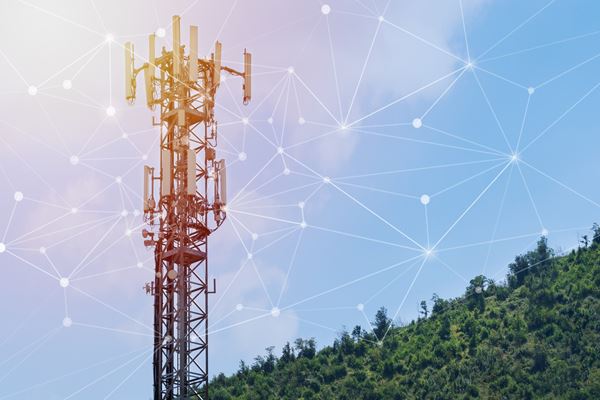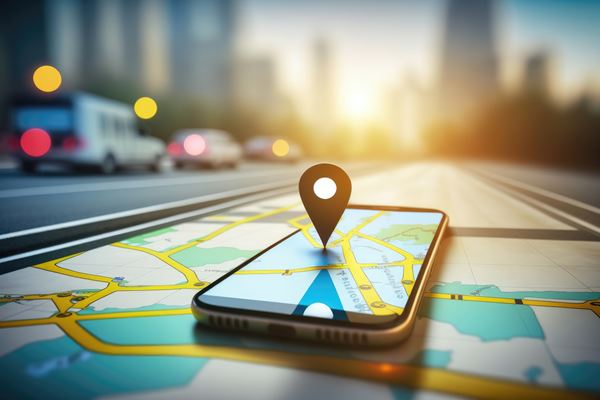Call Detail Records: The Super Phone Bill

Despite the increased prevalence of call detail records being used in cases, both for determining historic location (or CSLI – Cell Site Location Information), or user activity, many are still unaware of how valuable this information can be in litigation or an investigative matter.
What is a Call Detail Record?
A call detail record contains transactions between a cell phone and the wireless phone network. These transactions are automatically collected by the equipment at the wireless phone company and stored for a period of time, anywhere from a few months to years, depending on the wireless company's policies.
The fact that call detail records are created as the result of the customer's phone using the wireless phone company's network, provides legal proof that the service (voice, data, and text) is being provided. This means that if you call the wireless company and complain about not getting any service, they will pull your call detail records to see if that is actually the case.
Each call detail record contains technical details about each transaction your phone has with the wireless phone company's network, such as the date and time of the phone call or text message. Each record may also contain the starting and ending cell tower used for a phone call and in some cases, text messages and data sessions.
At the end of each month, the customer gets a summary of these detailed network transactions in the form of a phone bill.
A phone bill is a summary of all the activity between a cell phone and the wireless phone network and is derived from the call detail records. To get the full details, you would request the information in the form of call detail records.
How to Get Call Detail Records?
Call detail records can be obtained by the account holder requesting their records with a notarized letter and or in some cases, by downloading their all details directly from the company's website. Depending on the phone company and their policy at the time of the request, this may or may not work.
Call detail records can also be obtained via subpoena to the wireless phone company. Example subpoena language can be found in our guide Cell Phone Location and Tracking Forensics. This guide also informs you what to expect to receive from different providers, be it Sprint, AT&T, Verizon, Metro PCS, or others.
Third-way call detail records are obtained through the discovery process from opposing counsel. It is important to remember that in virtually every circumstance, the phone company will provide the records in both PDF (petrified, un-editable) form, as well as in Excel spreadsheets or as text files. To save time and costs, it is highly recommended you request both the PDF and Excel spreadsheets or text files.
In any event, always insist on getting a copy of the exact subpoena or warrant return that was provided to the requestor.
How Call Detail Records are Used?
Call detail records are used for a multitude of purposes, and by far the most common is determining historic location or a user's activity during a timeframe.
Determining Historic Location
Call detail records can contain the cell tower used for a phone call and in some cases, text messages and even data transmissions. This associates a phone call/text with a cell tower location. By associating the activity with a cell tower, it is possible to determine an approximate location. This location information is often used to establish or discredit an alibi. However, beware that each type of transaction, voice, data, or text, may have different timestamps, and location information that is or is not reliable. You need an expert to assist you through that process.
Show "User" Activity
Determining user activity in a distracted driving accident is becoming an increasingly hot topic, both in civil and criminal cases arising from motor vehicle accidents.
Compared to a cell phone, call detail records have a limited set of information. This makes them easier for legal counsel to obtain. While a cell phone will tell you more, call detail records can still tell you a great deal of information related to voice calls, call forwarding, and text message and data transactions for particular service providers.
For the most part, data transactions are useless for determining anything valuable about data usage on a phone. The sending or receiving of data in a distracted driving accident case, or any matter, is inadequate because the records give no indication whether the activity is an automated function of the phone or user activity. For a more extensive treatment of this topic, see our FAQ: Common Questions Asked in Cell Phone Forensic Trucking Accident Cases.
While a forensic examination of the phone itself will provide extensive information about usage, whether that comes from applications, texting, phone calls, watching movies, browsing the Internet, or a myriad of other activities one performs on a cell phone, getting access to the phone many times is not possible. The phone may have been destroyed, traded in for a new phone, and so on. Not to mention there are often legal or privacy hurdles in obtaining a person's actual cell phone.
Our experts are ready to help.




